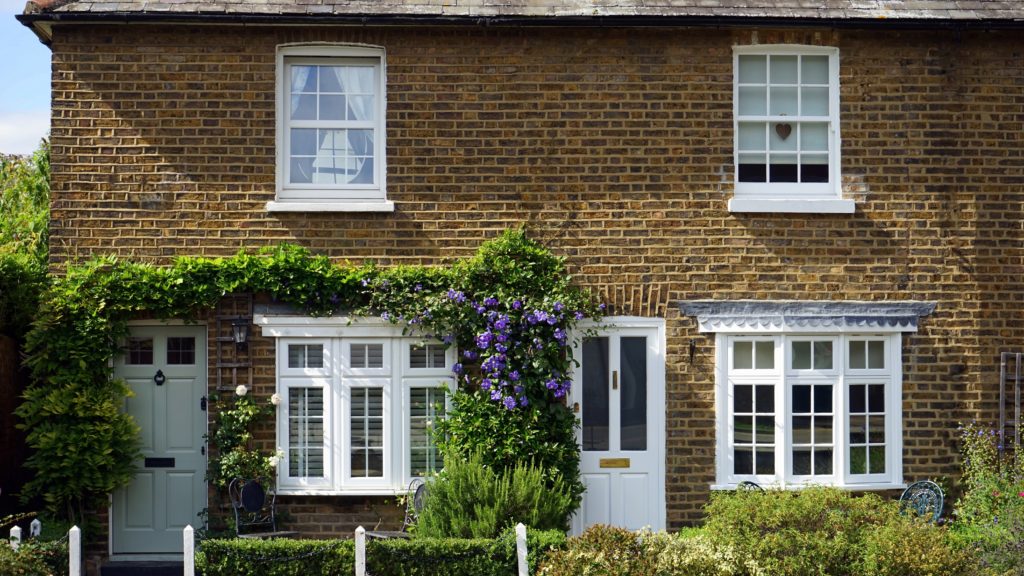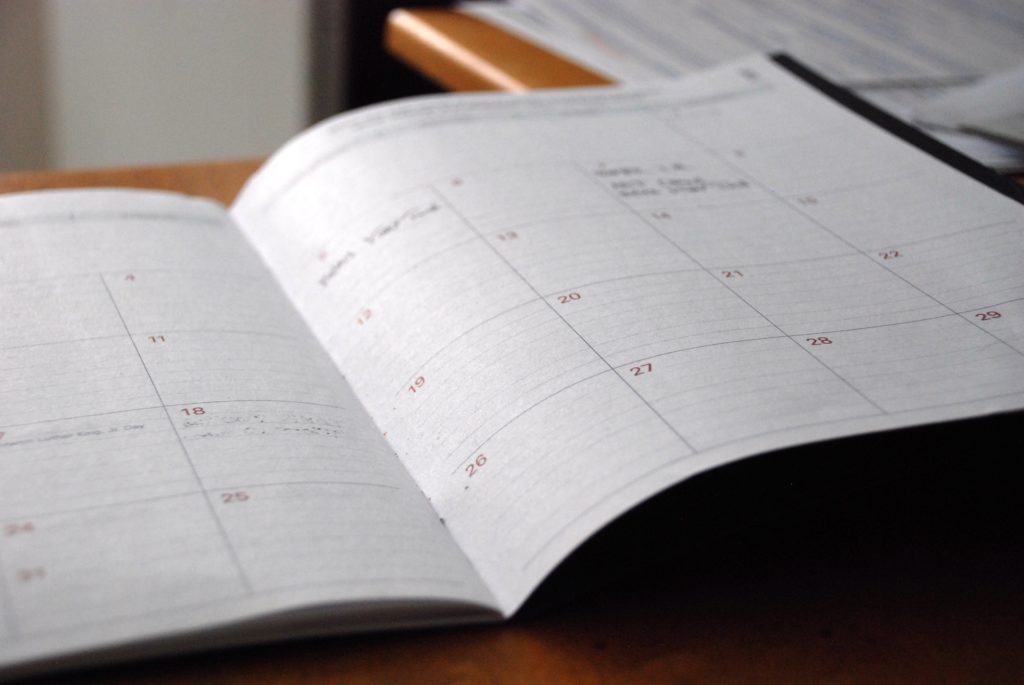A comparative market analysis (CMA) is a highly important term in real estate that you should be aware of when selling or buying a home. A comparative market analysis is used to help real estate agents identify what a home should be priced at when being listed on the market.
This pricing tool will take a look at many components of the home to make sure that the pricing estimate is accurate. Listing your home at the right price is essential if you want to lessen the chance that the home remains on the market for a lengthy period of time. One of the key aspects of this analysis is comparing the home that’s about to be placed on the market with several other homes that have recently sold, which helps to create a precise pricing estimate.
While a CMA is primarily beneficial for sellers, it can also help buyers determine if a home is listed at the right price. The following will provide you with a comprehensive guide on everything about the CMA, which includes when a CMA is necessary and why a CMA is made.
What is a Comparative Market Analysis?

A comparative market analysis is a pricing tool that creates a detailed assessment based on all attributes of a home. Every facet of the home is essentially tagged with a monetary value to ascertain how much the property is worth. With this estimate in hand, you should be able to place your home on the market at the right price. This pricing estimate is known to be accurate because your property will be compared with similar properties in your neighborhood and surrounding area. If your home is 3,000 square feet in size and comes with a remodeled bathroom and kitchen, the real estate agent who handles the CMA will attempt to find properties that are at a similar size and come with practically the same feature-set.
When the real estate agent that you choose begins to create a CMA, the homes that they will find for the comparison will have been sold in the previous three months and will be located in the same area as your home. However, the agent may have difficulties finding homes that have sold recently and are very similar to yours, which is why they will oftentimes need to make adjustments to the search parameters. If the home that’s being compared to yours has only two bedrooms compared to the three bedrooms in your home, some money will be added to the price estimate. Before you’re provided with the results of a CMA by your real estate agent, they will compare your home with 3-4 additional properties that are comparable to yours.

There are a large number of factors that are considered by a real estate agent when creating a CMA, which extend to exterior features, interior features, and additional attributes. The main interior features and attributes that are considered by the agent include square footage, number of bathrooms and bedrooms, quality of the kitchen, flooring, and the quality of the basement. As for the exteriors, everything from the quality of the roof to the size of the yard is taken into account when crafting a precise CMA. Some of the additional attributes that can be used for a CMA include the age of an HVAC system, the age of the water heater, and the proximity of the home to a nearby school district.
There are two specific situations where a CMA is considered to be essential. The first and most common situation is when a seller wants to list their property on the market and has scheduled a listing appointment. The second situation occurs when a buyer is looking for a good deal on a home. A comprehensive CMA from a real estate agent can tell the buyer if the price of their preferred home is fair.
1. For a Seller Listing Appointment

The most common reason for a comparative market analysis to be requested is for a seller listing appointment. The agent who’s handling the listing of the home will typically carry out the CMA before the listing appointment is scheduled to take place, which allows them to be prepared for the meeting. With the comparative market analysis in hand, they can answer any question that the seller might have about their home and the market value of the property.
When an agent first starts the CMA before a listing appointment with the homeowner, it will be a relatively limited CMA that will be completed after the listing appointment has taken place. The initial analysis will include an evaluation of the neighborhood quality, an assessment of any available information pertaining to the property, and a look at online value estimates that already exist for the home.
Before the listing appointment takes place, a real estate agent will typically be able to include the exterior factors of a CMA into the report. These factors extend to the siding, windows, yard size, and roof quality. Once the listing appointment has occurred and the homeowner’s questions have been answered, the agent will then update the CMA to include some of the information that they learned when taking a tour through the property. If you’re about to list your property on the market, the main point of a CMA is to provide you with the ideal price to list your home at.
While each agent can provide you with a slightly different analysis, they will usually come in at similar price points. Some agents will use the information gathered in the CMA to identify a realistic sale price and a good listing price. While your home might sell for something like $325,000, the agent may recommend that you list it at $335,000, which is done to take any future pricing negotiations into account. If you want to list your property at the right price, a CMA is essential.
2. When Finding a Good Deal for a Buyer

While a CMA isn’t used as often for buyers, it can be very helpful when trying to find a home at the right price. An agent will typically perform a CMA for the buyer that they represent when the buyer has found a home that they’re interested in. While a CMA for a seller will be partially completed before the listing appointment, the CMA for a buyer is performed all at once to make sure that the buyer has all of the information that they need before going into negotiations with the seller.
This type of CMA includes the same data points and comparisons as the CMA used for a seller. Once the real estate agent arrives at a price point that they believe the home should be listed at, they will provide the buyer with the information. While a home appraisal provides similar information and allows you to determine the value of a home, a CMA will give you the same information early in the process. An appraisal typically doesn’t take place until the closing phase of the home buying process. On the other hand, a CMA can be completed before you’ve even made an offer on the home in question.
Why Should You Ask Real Estate Agents for CMAs?

You should ask a real estate agent to provide you with a CMA because of the many notable benefits that this comparative market analysis provides. If you’re a buyer, the agent will be able to perform an analysis on a home that you’re interested in before you even make an offer, which can save you a significant amount of hassle and frustration.
As for sellers, listing a home without a CMA can cause you to list at the wrong price, which can be disastrous if you want your home to be sold quickly. Likely the best aspect of a CMA is that real estate agents conduct this analysis for free, which allows you to obtain all of the benefits that a CMA provides without altering your budget.
Things to Consider for an Accurate CMA

There are many things that you will want to consider for an accurate CMA. It’s important that the real estate agent that you’ve partnered with includes all of the following factors into their comparative market analysis:
- When the property sold
- Where the property is located
- Characteristics of the home
- Quality of the neighborhood
- Size of the floor plan and exterior yard
Each of these elements is essential in order for the comparative market analysis to be completed properly. For instance, any homes that the real estate agent finds to compare to your home or the home that you’re interested in must have been sold within the last 3-6 months. If the analysis takes into account homes that have sold further in the past, the market conditions would have been decidedly different. The property location is also very important and can dictate the price of a home. If the home is located nearby a school district, it will invariably be priced somewhat higher than a similar home that’s further away from the school district.
The characteristics of the home will also need to be compared to other properties to provide an accurate price estimate. If one home has a new HVAC unit, it should be priced higher than a comparable home with a two-decade old HVAC unit.
The real estate agent will also consider the quality of the neighborhood when creating this analysis. If the neighborhood is poor, even a beautiful and expansive home may require a lower price. Finally, the size of the floor plan and outside yard will be taken into account. Many homeowners will want a larger yard, which is why two similar homes may be priced differently because of the differing yard sizes.
Understanding CMAs to Determine the Best Price

Whether you’re selling your home or purchasing a new one, a CMA will allow you to obtain a precise estimate of the value of a particular home. As a seller, this estimate will give you the information you need to list the property at the right price that will appeal to potential buyers. For buyers, it’s possible to identify if the home that you’re currently considering is listed at the right price, which can help you during negotiations. By comparing the features and layout of your home to several additional homes in your area that have recently been sold, the agent who conducts the CMA will be able to reach an accurate estimate of the property value.
If you don’t obtain a CMA before listing your home on the market or making an offer for a home, you can make critical mistakes. These mistakes could include anything from listing your home at an unappealing price to paying much more money to purchase a home than you should have.
If you need more help with any facet of the home buying or selling process, contact Susanne Grogan of Grogan & Grogan Tucson Luxury Real Estate today! We’ll answer any questions that you might have about this process, which should put your mind at ease and increase your confidence for making such a significant decision!





